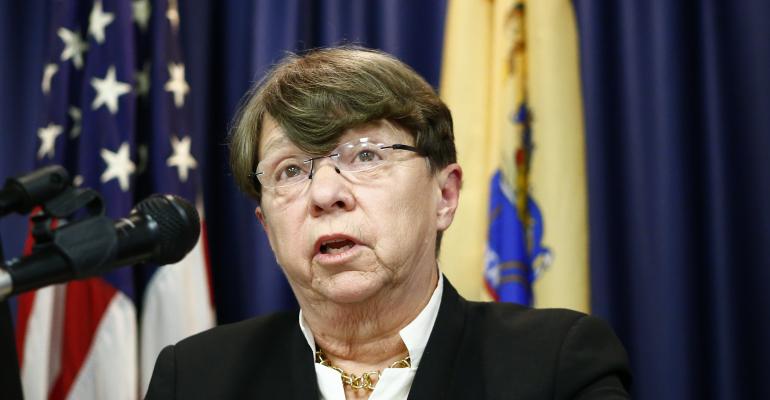The head of the Securities and Exchange Commission stressed the importance of collaboration among the industry and regulators on Monday, much the same way the two groups came together 75 years ago, following the Great Depression.
In comments celebrating the 75th anniversary of the Investment Advisor Act and Investment Company Act of 1940 that created the regulatory framework for advisors, SEC Chair Mary Jo White drew parallels between the environment that led to those laws being implemented and the current atmosphere pushing for fiduciary rulemaking.
White said the Advisor Act was designed as a consequence of the financial industry's mismanagement and the stock market crash of 1929 to "address the specific abuses that had been identified to restore investor confidence and allow for innovation and diversity in the industry."
Compare that to President Obama’s statements in supporting the Labor Department’s proposed fiduciary standard in February: “Outdated regulations, legal loopholes, fine print, makes it harder today for savers to know who they can trust,” Obama said. “Financial advisors absolutely deserve fair compensation for helping people save for retirement and helping people manage their investments—but they shouldn’t be able to take advantage of their clients.”
By 1940, investors’ capital in all types of investment products fell by about $3 billion, White said. Meanwhile, following the Great Recession, American households had $7.7 trillion less than before, according to data from the Federal Reserve.
The Advisor Act was the product of “extraordinary” discussion, cooperation and agreement among industry participants and the Commission, White said. Pointedly, she noted that industry leaders were willing to “sit down with government representatives and think constructively about solutions.”
“In the end the asset management industry largely supported the legislation," White said. "They had a common interest in ridding the industry of wrongdoers who had tarnished the reputation of the entire industry.”
Today, the Commission continues to have an “ambitious agenda to address the evolving risk for funds and advisors,” White said. She added that Commission staff is working on a host of initiatives related to advisors, including rulemaking around transition planning, annual stress testing and third-party examinations.
White added that staff continued to work on a uniform fiduciary standard for investment advisors and broker/dealers, but did not specify a timeline for this rulemaking.
White did, however, say that she was hopeful the Commission staff would be able to pass on recommendations to the full Commission related to the use of derivatives by funds by the end of the year. The recommendations are likely to include measures to limit derivatives' leverage as well as enhance risk management programs related to them.
“Talk about a full plate of critical initiatives,” White said. "On these initiatives and others, we look forward to the continued dialogue with the industry and its constructive input."





